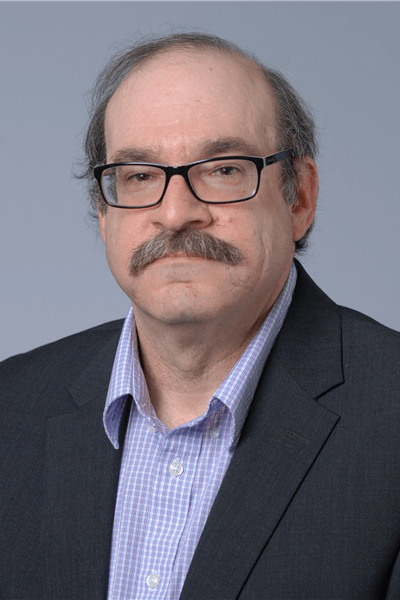
Joseph R. Dynlacht, PhD
Professor of Radiation Oncology
Professor of Biochemistry, Molecular Biology & Pharmacology
- Phone
- (317) 362-1766
- Address
-
MS 318A
RAON
IN
Indianapolis, IN - PubMed:
-

Bio
Professor Joseph Dynlacht conducts research in the Department of Radiation Oncology at the Indiana University School of Medicine. He has a Ph.D. in Cellular and Molecular Radiobiology from the Colorado State University in Fort Collins, Colorado.
Dr. Dynlacht completed his post-doctoral education at the Radiation Oncology Research Laboratory at the University of California, San Francisco.
| Year | Degree | Institution |
|---|---|---|
| 1990 | PhD | Colorado State University |
| 1984 | BS | Florida State University |
The Dynlacht Lab has been interested in studying the effects of agents (physical or chemical) that modulate the response of cancer cells and normal tissue to the radiation response, particularly hyperthermia and various chemotherapeutic agents. Hyperthermia has been shown to be effective in treating several types of tumors, but is often used most effectively when it is administered as an adjuvant to radiation therapy or chemotherapy, since heat sensitizes cells to radiation and some types of drugs (sensitization is believed to be mediated by an inhibition of repair of radiation- or drug-induced DNA damage). The current major focus of the Dynlacht Lab is to characterize novel chemotherapeutic agents that are not toxic at 37° C when given systemically, but which can become activated to become cytotoxic by local hyperthermia treatment, thereby potentially limiting lethal effects of the compounds solely to tumor cells within the heated tissue volume in patients. The Dynlacht group has also been studying the mechanism of heat-radiosensitization and the inhibition of repair of radiation-induced double strand breaks by hyperthermia. Two other unrelated objectives involve efforts to inhibit the formation of cataracts induced by therapeutic doses of radiation or doses of space radiation that astronauts would be expected to receive during interplanetary missions, and the development of non-pharmacological and pharmacological countermeasures against the lethal effects of radiation exposure from radiologic terrorist attacks (dirty bombs or improvised nuclear devices).
Desc: Trustees' Teaching Award
Scope: University
Date: 2024-04-01
Desc: Trustees' Teaching Award
Scope: University
Date: 2012-05-01